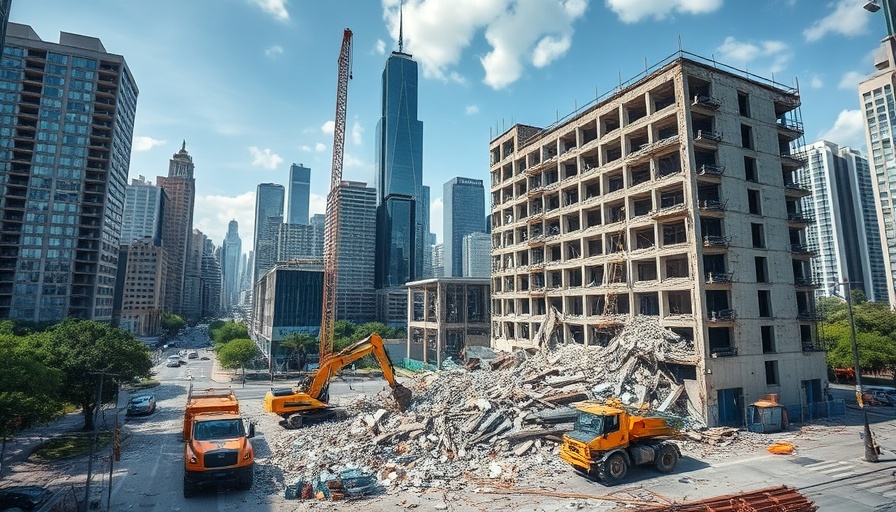
Could Austin's Convention Center Expansion Be Put on Hold?
Excitement and controversy continue to swirl around the $1.6 billion expansion of the Austin Convention Center, as a local organization has made significant strides in their campaign to halt the project. The Austin United PAC delivered a petition containing over 21,000 signatures to the City Clerk, successfully surpassing the 20,000 needed to force a public vote. This potential ballot measure could pause the construction for up to seven years or until voters give their approval. The city is currently in the midst of demolition and construction, which complicates matters considerably.
The Argument Against the Expansion
Critics of the expansion argue that the funds allocated for the convention center should be redirected to support local arts and cultural initiatives. Austin United's spokesperson, Finn Sonniksen, argues that the city lacks the demand for two convention centers and believes the money would be better spent on promoting local musicians, artists, and enhancing public parks. This sentiment resonates with many residents who cherish Austin's unique cultural identity.
Bill Bunch, another leading organizer, emphasized that the costs associated with the project are likely much greater than reported. He expressed frustration at the lack of opportunity for public input on such a massive expenditure. "This time this number is huge, and yet they're not letting us vote on it," Bunch stated, reinforcing the urgency behind their push for a public vote.
A City Divided: Economic Boost or Cultural Loss?
City officials, including Mayor Kirk Watson, maintain that the expansion will significantly benefit the local economy, creating thousands of jobs and boosting tourism through increased hotel occupancy tax revenue. Mayor Watson argued that hotel tax funds can only be used for tourism-related projects, thus maintaining the validity of the convention center funding.
Supporters of the project assert it will generate an additional $750 million annually, but opponents question whether the benefits will outweigh the financial burden on the city and its residents. This situation illustrates the dilemma many city leaders face—balancing the need for economic development and respecting the desires of their constituents.
Historical Context: Lessons from Past Developments
Austin's economic history gives context to the current debate. Past projects, like the expansion of the local airport and the revitalization of downtown, have yielded mixed results regarding community engagement and long-term economic impact. The city has seen rapid growth, often accompanied by concerns over rising housing costs and gentrification. These historical precedents lend weight to the arguments against the convention center expansion, as residents are cautious about how such development affects the core of their community.
Looking Ahead: What Will Voters Decide?
As the city clerk must now verify the signatures, the possibility of a public vote looms large. If approved, residents could cast their votes as early as May. This vote could be pivotal—not just for the future of the convention center but for the overall direction of Austin's budgetary priorities. With an engaged community excited about their cultural foundations, the outcome could significantly shift the dynamics of local governance.
In Conclusion: The Importance of Civic Engagement
The unfolding situation surrounding the Austin Convention Center expansion underscores a pivotal moment for civic engagement in one of the nation's most vibrant cities. As citizens begin to make their voices heard through petitions and public discourse, there’s a clear reminder of the power that resides in democracy. Whether the expansion moves forward or is halted, locals will play a crucial role in determining the future of their city—one signature at a time.
 Add Element
Add Element  Add Row
Add Row 



Write A Comment